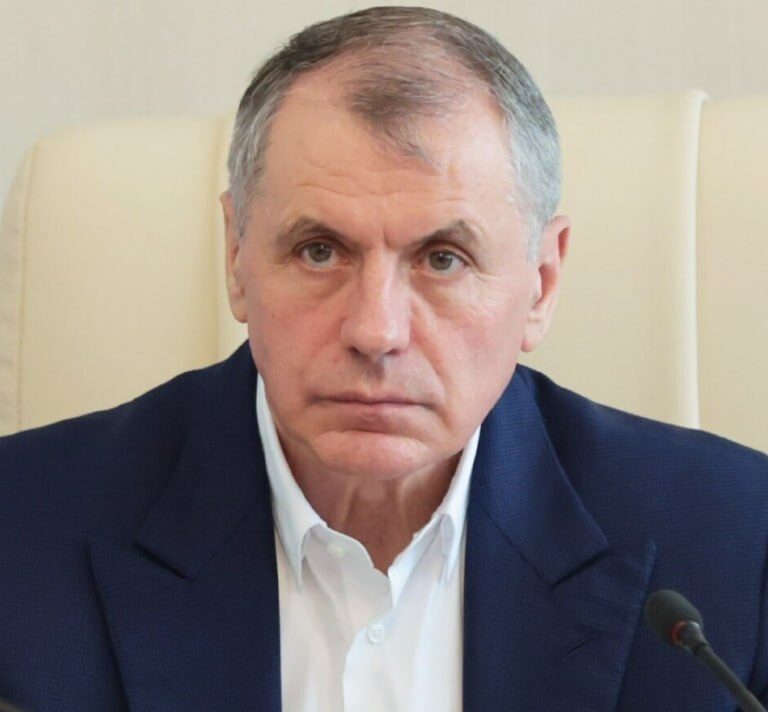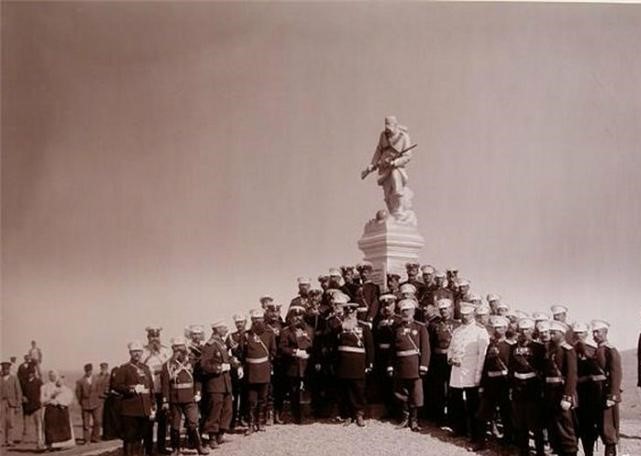In a propaganda “interview” for local “media,” the aggressor’s criminal “military commissar of the cities of Yevpatoria, Saki and Saki district” Denis Litvinenko recently decided to boast about the “successes of conscription”, both in the fall of 2023 and the current one.
Among other things, from his “revelations” it follows that among the “forms of motivation” for the Crimean residents, the occupiers launched an “insight” that from the next, autumn, criminal “conscription” in the aggressor’s army they will have to stay not a year, but “one and a half or two”.
This “prediction” is designed to “motivate”, first of all, “age cannon fodder”: as we previously wrote, the occupiers “raised the conscription age” to 30 years, and now they are counting in this way to “lure into the military registration and enlistment office” precisely older “conscripts”, intimidating them with the prospects of “longer service if it begins not now, but in the fall”.
Also, as follows from the “revelations” of the Sevastopol “media”, since April the aggressor has intensified the recruitment of “cannon fodder” using “police investigators” and similar punitive structures.
Now, practically all “suspects” and other “persons involved” who fall under the criteria of “cannon fodder” are given a written “explanation” by “investigators”, which outlines the prospects for supposedly “exemption from criminal liability in connection with conscription for military service during the period of mobilization or imprisonment contract with the armed forces”.
It is noteworthy that if the “person involved” “takes the bait” from such criminal “recruiters”, all the “formalities” are “done” by the “investigator or interrogator” himself, transferring the “living goods” to the command of the military unit and at the same time allegedly “suspends and then terminates criminal prosecution.”
At the same time, no one informs even the fake “courts” about this matter, and, as even individual collaborators timidly write, “serious, professional criminals may be released on the quiet”.
However, if we do not take into account the corruption component, the ordinary “defendants” still have no chance of being released alive “with a clear conscience” – even after a “serious injury” or “award”, these “penalties” are not “dismissed”, but simply “transferred” from the armed formations in which the prisoners serve, to ordinary units”.








